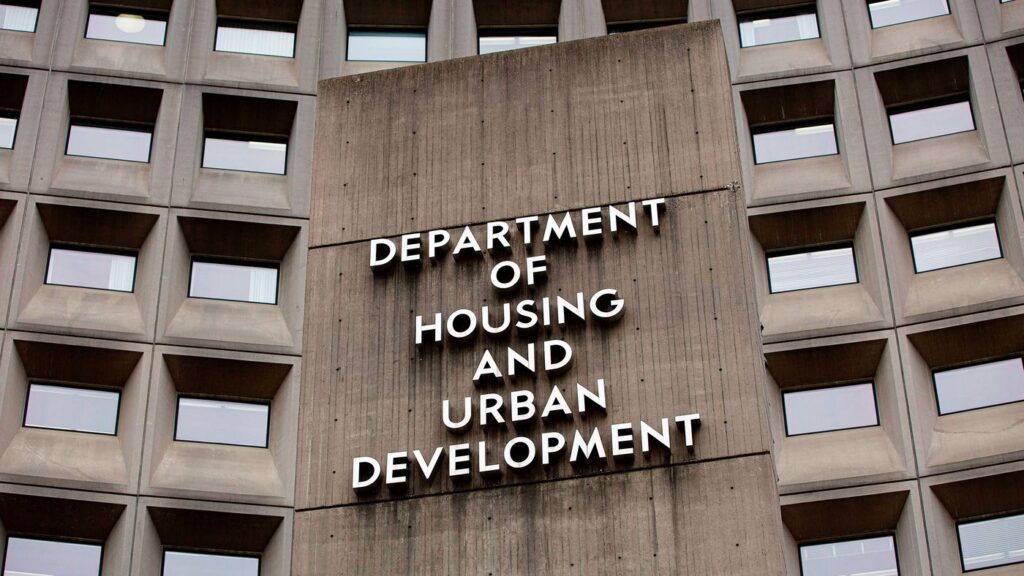As insurance and property management costs continue to rise nationwide, the U.S. Department of Housing & Urban Development (HUD) has announced changes to help housing providers maintain affordable rents, while keeping up with rising expenses. HUD recently published a Federal Register Notice to update the Operating Cost Adjustment Factors (OCAFs) for eligible multifamily housing projects with project-based assistance contracts under the Section 8 program. This adjustment will help housing providers’ allowable operating cost adjustments better reflect rising operational expenses seen market-wide, particularly insurance costs, while ensuring that residents have access to affordable, quality homes with stable rental rates.
“As I have traveled across the nation, I have heard from property owners who have difficulty maintaining affordable rents while keeping up with rising expenses, impeding our efforts to boost the supply of available affordable homes,” said HUD Agency Head Adrianne Todman. “Today, our new adjustment factors will help families and affordable housing providers keep up with increasing housing costs.”
HUD’s latest actions are the latest taken to address rising insurance costs, while managing potential risks:
- In 2023, HUD launched its Green and Resilient Retrofit Program (GRRP), which has awarded more than $1.1 billion to owners of HUD-assisted multifamily properties to support energy efficiency and climate resilience upgrades that will help strengthen housing to withstand future climate events and reduce disaster-related losses.
- HUD recently updated its multifamily insurance deductibles to address the rising costs of wind and storm coverage, reducing costs for owners while continuing to ensure that properties have adequate insurance coverage. This is a key element of HUD’s work to address insurance costs and ensure that communities can recover from disaster.
- In July, HUD convened a summit of journalists, insurance industry executives, government leaders, nonprofits, and academics to address rising insurance premiums and receding coverage. This event brought together leaders to discuss shared issues and common-sense solutions.
“The escalating cost of property expenses and insurance is a growing concern for families and affordable housing providers across the country,” said Julia R. Gordon, Assistant Secretary for Housing and Federal Housing Commissioner. “The new OCAFs represent a significant policy response by HUD and the Biden-Harris Administration to address these ongoing challenges for multifamily property owners, managers, and residents.”
The Multifamily Assisted Housing Reform and Affordability Act of 1997 (MAHRA) requires HUD to set OCAFs on a yearly basis to establish contract rental rates. OCAFs, which vary by state and territory, are developed with industry feedback and account for critical changes in market conditions, such as fluctuations in energy costs, labor expenses, maintenance and repairs, and insurance premiums. According to HUD data, assisted multifamily properties have seen their insurance costs almost double over the last five years on average, while properties located along the Gulf and Atlantic coasts saw the largest increases.
The new OCAFs apply to eligible multifamily housing projects with contract anniversary dates on or after February 11, 2025.
HUD is also seeking public comment on the calculation methodology used to determine the 2025 OCAFs. All interested parties and members of the public are invited to submit their views, comments, and recommendations, which may be submitted electronically through www.regulations.gov, or the methods described in the Federal Register Notice by January 11, 2025.








